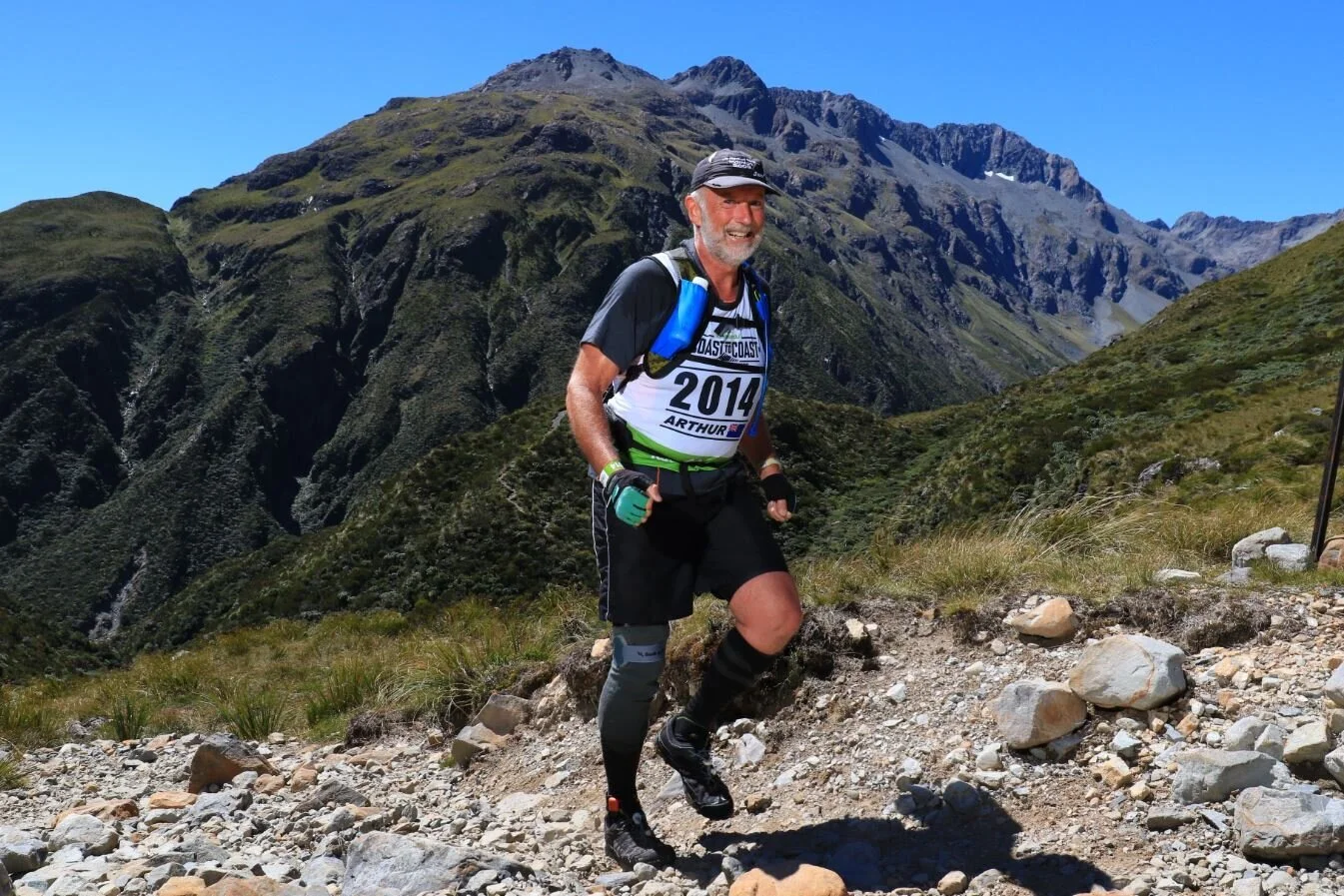The human hand is made up of the wrist, palm, and fingers, and consists of 27 bones, 27 joints, 34 muscles, over 100 ligaments and tendons, and many blood vessels and nerves. The hands enable us to perform many of our daily activities such as driving, writing and cooking. It is important to understand the normal anatomy of the hand to learn more about diseases and conditions that can affect them.
Eye eye, Judge
How are you? Advice from Stress Proof
I was sent Stress Proof by Dr Storoni a University of Cambridge, trained medical doctor. She has a background in neuroscience research, a PhD in neuro-ophthalmology and is certified in ophthalmology. Mithu was inspired to write Stress Proof after observing how stress manifests in both health and diseases of the brain and body. In Stress Proof, she distills over 500 cited scientific papers into a practical guide to help manage stress, improve brain health, and increase resilience with small changes to behaviour, lifestyle, and diet.
What bad posture is doing to your child's health
Two weeks to feeling great: because, seriously, who has the time?
In her new book, Two weeks to feeling great: because, seriously, who has the time? which was just published, Gabriela Peacock outlines the plan she has used successfully with her clients. It balances three days of fasting and three days of healthy eating with one day of eating and drinking what the hell you like.
UNDOC webinar: the effects of judicial work demand on judges and their judicial independence
President of the NZLS Tiana Epati's speech about laywer stress
Arthur's Coast to Coast: raising funds to support an Aotea College student
The lazy fitness guide: what’s the least amount of exercise I can do?
The busy judge — as well as the idle — will be delighted to learn there has been scientific research into an important question: what’s the least amount of exercise you can get away with without seeing a steep decline in fitness levels? The answer, according to the authors of a review published recently in The Journal of Strength and Conditioning Research (JSCR), is that you can cut cardio sessions to as little as 13 minutes twice a week and reduce resistance training to once weekly without risking a catastrophic downturn in fitness. I asked our resident coach, Malcolm Hood.
The stillness is what’s killing us
The stand-up revolution was followed by another wave of stories reporting that being on your feet in the same place all day has its own downsides, including increased risk of cardiovascular problems. The stillness is what’s killing us. We should be pacing the hallways and climbing stairs and squatting and stretching.
The rise and rise of health and wellness in 2021
How to build your glutes (and prevent back pain)
Judges: a merry or happy Christmas?
For some, the most rapid road to high spirits is top-shelf (even bottom-shelf) food in quantity, which doesn’t necessarily bring as much joy as one anticipates. Without care, abundance during the New Year festivities may be more about the abdominal region rather than in the direction our merriment is aimed.
Great walks in New Zealand
Mindfulness activities for the Christmas holidays
Great apps for monitoring PTSD
Health Navigator NZ has compiled a list of several mobile apps and online tools that are good to consider when monitoring post-traumatic stress disorder (PTSD). As stated by Health Navigator NZ, PTSD is a psychological reaction to experiencing or witnessing a severely shocking event. It means getting stuck in re-experiencing a traumatic event. Your body and mind act like the event is still happening, right now, even though it is in the past. It keeps your body in a fight or flight response.
Is now the time to pause and take a deep breath?
Checking your heart rate, using antibiotics wisely, and the power of positive emotions
Like doctors, lawyers and judges must seek the trust of those we encounter. There have always been similarities of approach as well to self-care, resilience, and wellness in our professional lives. With this in mind, JANZ has sought the approval of Health Navigator to make use of their newer content and information.
Benchmarking your fitness
Earth Energies Sanctuary: the ultimate relaxation retreat
Set in the heart of Marie and Duncan’s beautiful 200-acre estate in Mangatarata, Earth Energies Sancturay promises guests seclusion, tranquillity, and the healing energies of nature. Hidden from the hustle and bustle of the outside world, yet only one hour’s drive from Auckland, Hamilton or Tauranga, it’s the perfect place to book some time away to relax and rebalance.

























